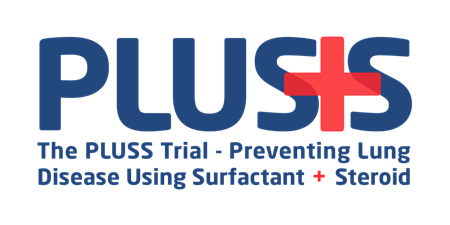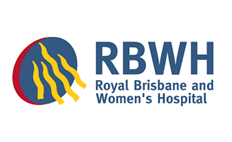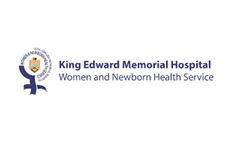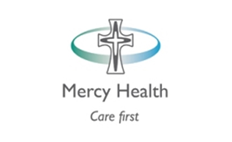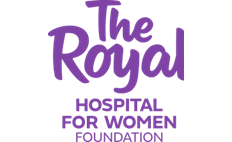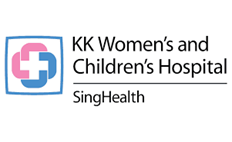The PLUSS Trial Vision
The PLUSS trial is trying to find out if installation of budesonide (a steroid) with surfactant to the lungs of extremely preterm babies will help to prevent lung disease, or Bronchopulmonary dysplasia (BPD).
BPD is a chronic inflammatory lung disease characterised by disordered alveolar and vascular development, most commonly affecting extremely preterm infants exposed to mechanical ventilation and oxygen therapy for respiratory distress syndrome (RDS). BPD is associated with mortality, and adverse long-term pulmonary and neurodevelopmental outcomes. Despite advances in neonatal care including antenatal corticosteroids, exogenous surfactant, and the increasing use of non-invasive respiratory support, the incidence of BPD has increased in the state of Victoria in 2005 compared with earlier eras.
Extremely preterm infants participating in the trial will be monitored closely after birth and an assessment completed at 36 weeks to check for BPD. Participating infants will also be followed up when they are two years old.
The trial is being led by a team of researchers at the Royal Women’s Hospital, Melbourne and the Liggins Institute in Auckland, New Zealand and now has 29 participating centres around the world.

